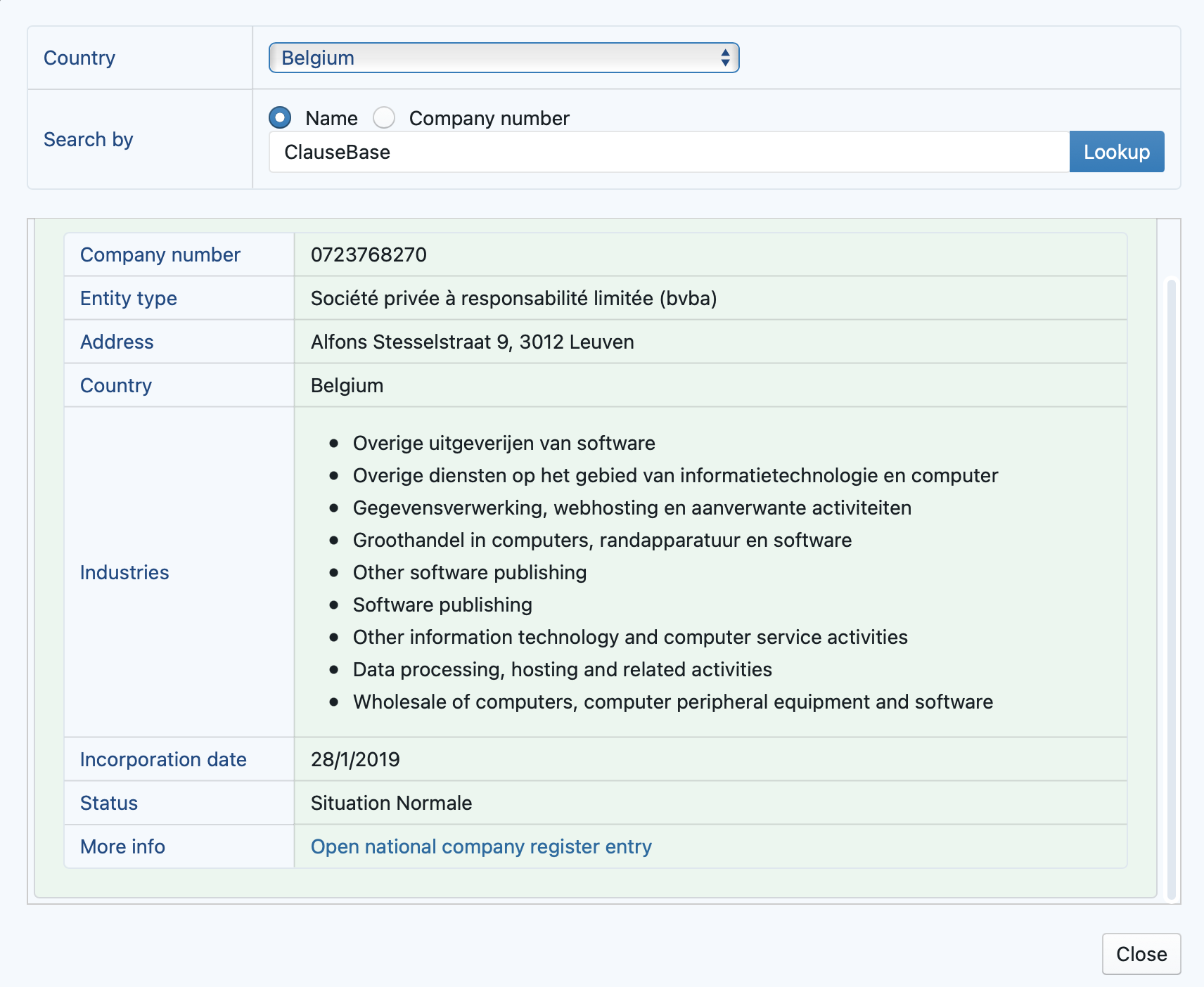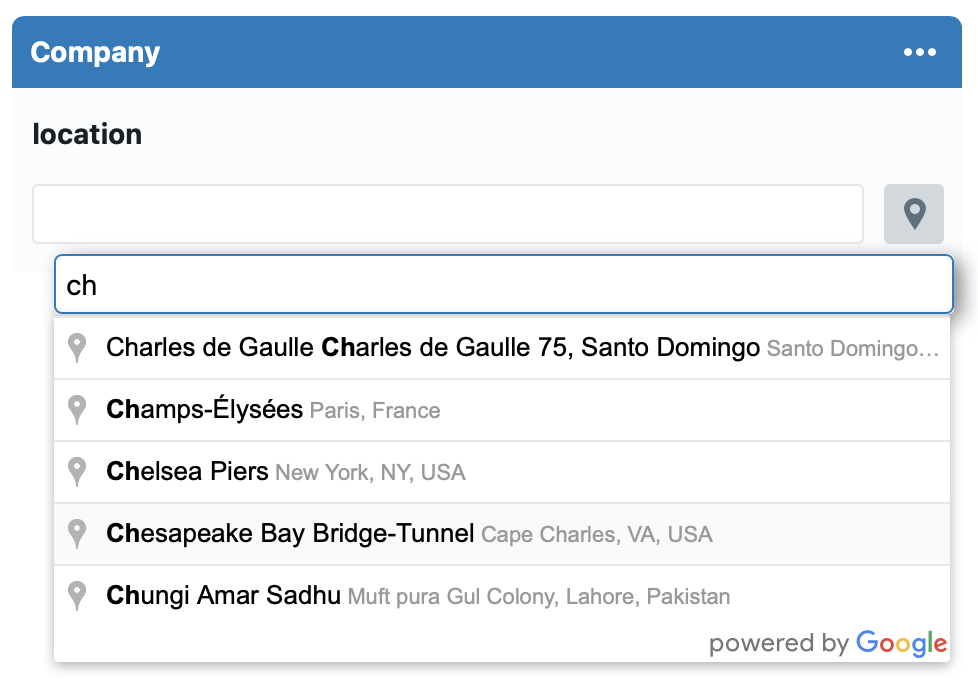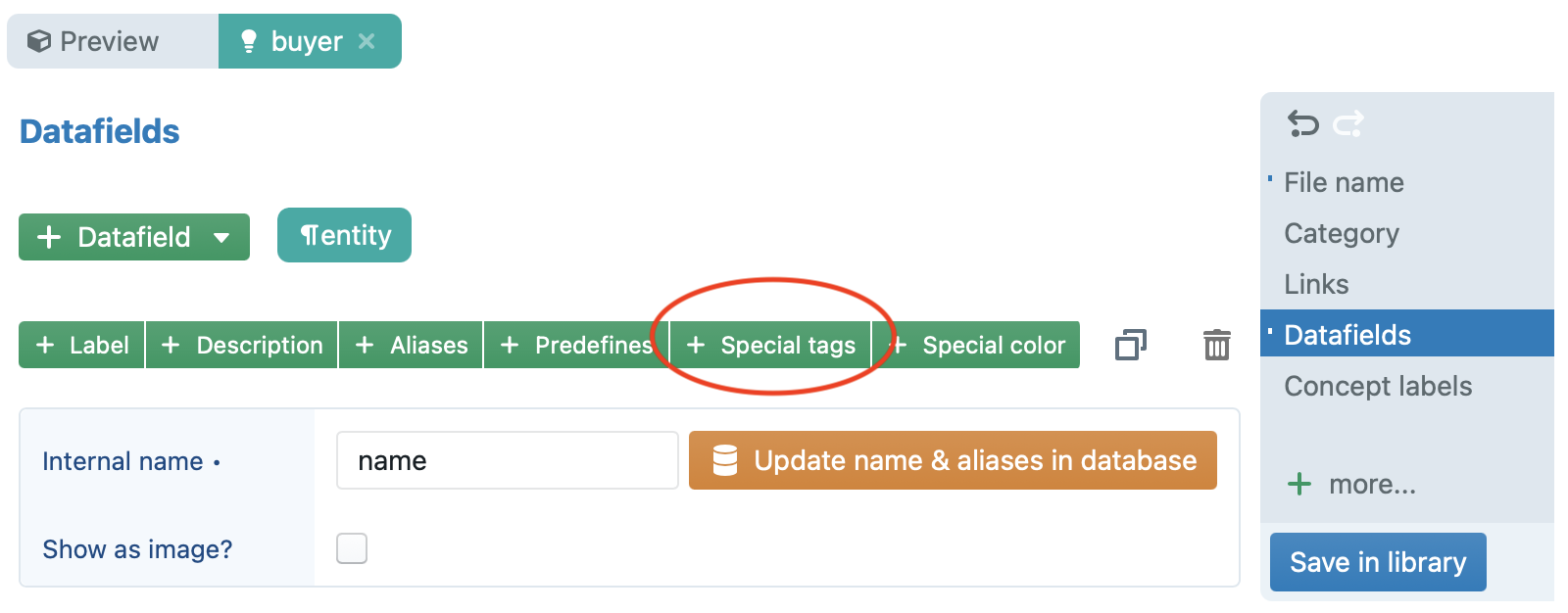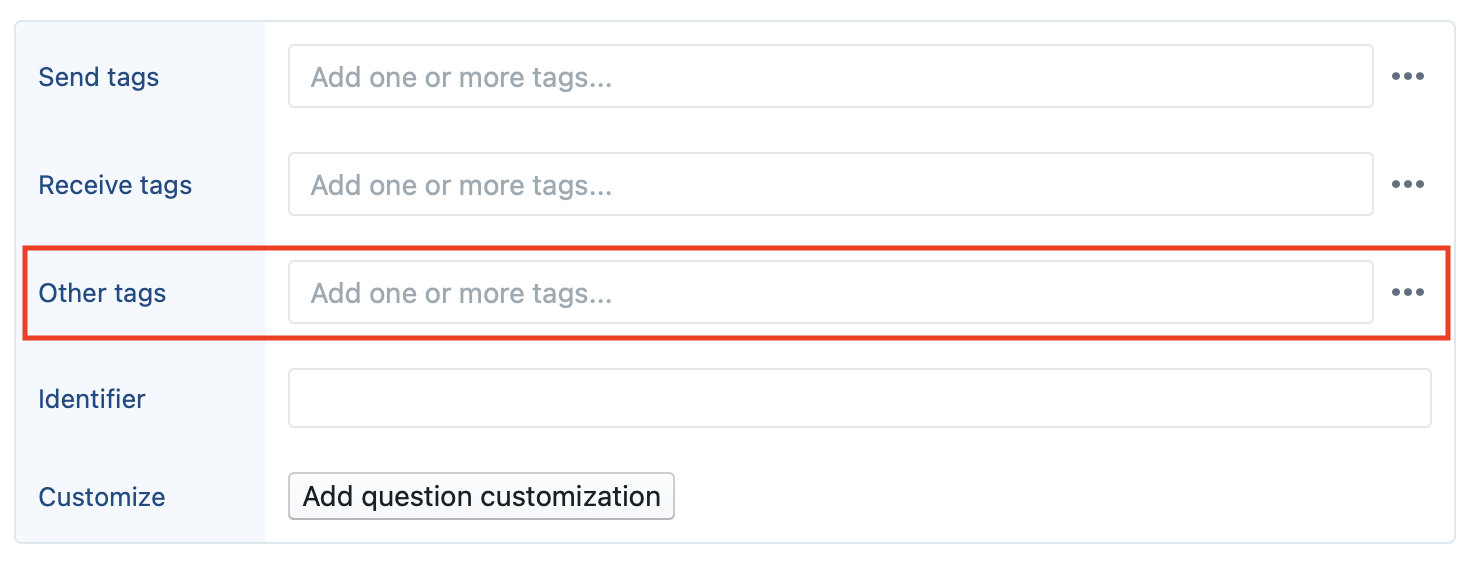If you have an Enterprise or Office account, you can allow your users to select a legal entity from a database of legal entities and/or to select an address from the Google Maps database.
Introduction
Legal entities database
ClauseBase provides access to the contents of most national entity registries in the world. End-users can simply choose a country, insert a company number or (part of a) name, and then get an overview of the administrative details of all the matching entities. When users select an entity, these details are copied to the answers of the Q&A.

Google Maps addresses database
Separately from the legal entities database, ClauseBase also integrates with Google Maps to allow users to search for a specific address. Once an address is selected, it will be copied to the answers.

Difference between the legal entities & addresses databases
The legal entities and addresses databases partially overlap, but have different features and use cases:
- The legal entities database is, evidently, limited to legal entities. The addresses database also contains addresses of consumers and companies that have no formally registered entity.
- Unlike the legal entities database, the addresses database contains no information about a legal entity’s type, registered company number, VAT number or legal purpose.
- Unlike the legal entities database, the addresses database is available in different languages. This will cause multilingual information to be translated — for example, the name of the country or (in some cities) the name of a street.
For most legal documents, it will be clear which of the two should be preferred. For example, if you require a VAT number or company number, then the legal entities database should be used. Conversely, in consumer contracts and real estate documents (which focus on location instead of entity), you will want to use the addresses database.
No worries if you cannot choose — it is possible to combine both databases in the same Q&A, or even in the same question.
General setup
Both databases are used in roughly the same way within ClauseBase:
- You insert a special connection tag in either a question (or a datafield connected to it). A special icon will then be shown to the right of this question, inviting the user to search in the relevant database.
- You insert a special reception tag in each question (or a datafield connected to it) that needs to receive information point from the database — e.g., the street name or the VAT number.
The question with the connection tag needs to be in the same card as the question with the reception tags. (This allows you to have have multiple cards that each contain a connection to the entities or addresses database, each distributing the retrieved information over the other questions in the card.)
Available special connection tags
ClauseBase currently recognises four different special connection tags:
- For the legal entities database:
entity-name, for the name of the legal entityentity-number, for the registered entity/company number
- For the addresses database:
location-lookup-addressthat allows end-users to search for an address, whether or not some company or legal entity is established at that addresslocation-lookup-establishmentthat allows end-users to search on the name of an establishment (company, legal entity, association, shop, etc.) with some associated address
For the addresses database, please note the following features:
- The two special connection tags for databases can optionally be extended with up to five different two-letter country abbreviations, in order to limit the end-user’s search range to those countries. For example,
location-lookup-address|nl|frwill limit the search to the Netherlands and France, whilelocation-lookup-address|ukwould limit the search to the United Kingdom. - Unlike the special connection tags for legal entities, the
location-lookup-addressandlocation-lookup-establishmenttags do not also simultaneously act as special reception tags. Accordingly, you will probably want to complement the datafield/question with a separate special reception tag.
In other words: if you insertentity-namethen the question will not be accompanied at the right by the icon for the legal entities database, but it will also act as a recipient for the name of the legal entity that gets chosen by the end-user. Conversely, if you insert alocation-lookup-addressinto a datafield/question, then such question will get an icon at the right for the addresses database, but this question will not receive the address that gets selected by the end-user. If you want the question to receive the selected address, then you will need to insert thelocation-addressspecial reception tag.
The underlying reason for this different behaviour is that the use of the addresses database must be much more flexible.
Available special reception tags for the legal entities database
- For the legal entities database:
entity-name, for the entity’s name (note that this special tag also acts as a special connection tag — see above)entity-number, for the entity’s company number or otherwise registered number (note that this special tag also acts as a special connection tag — see above)entity-country, for the full name of the entity’s countryentity-country-code, for the two-letter abbreviation code of the countryentity-type, for the full text version of the entity’s legal type (e.g., Société Anonyme or Private Limited Company)entity-type-code, for the abbreviated version of the entity’s legal type (e.g., GmbH, SA, Inc.)entity-street-nr-zip-city, for the combination of an entity’s street / nr / zip / cityentity-street-nr, for an entity’s number in the streetentity-cityentity-zipentity-street
- For the addresses database:
location-name, for the name of the establishment (will only function if the addresses database is being searched on establishment, i.e. will not work if searched on per address)location-address, for the full address (street / number / zip / city / country)location-street-nr, for the number in the streetlocation-street, for the street itselflocation-ziplocation-citylocation-street-nr-zip-city, for a combination of the street / nr / zip / citylocation-country, for the full name of the countrylocation-country-code, for the two-letter abbreviation code of the country
Special note for the country tags
As per the Grammar style guide and recommendation to use codes instead of text fragments, you probably want to use two-letter lowercase codes for countries. So you should prefer to use entity-country-code and location-country-code instead of entity-country and location-country.
Where to insert the special tags
The first place where the special tags can be inserted, is in the special tags part of the datafields section of a concept, which you can access in Browse files mode or in Assemble document mode:

The second place is in Q&A mode, more specifically, in the integration section of a question’s options (you first have to click on the  button).
button).

In both cases, you insert the tag by either typing it, or selecting it from the dropdown-list.
If the tag-boxes or the “…” menu is not visible, then your administrator probably did not enable the “edit integrations” functionality for you. Ask him/her to enable this right.